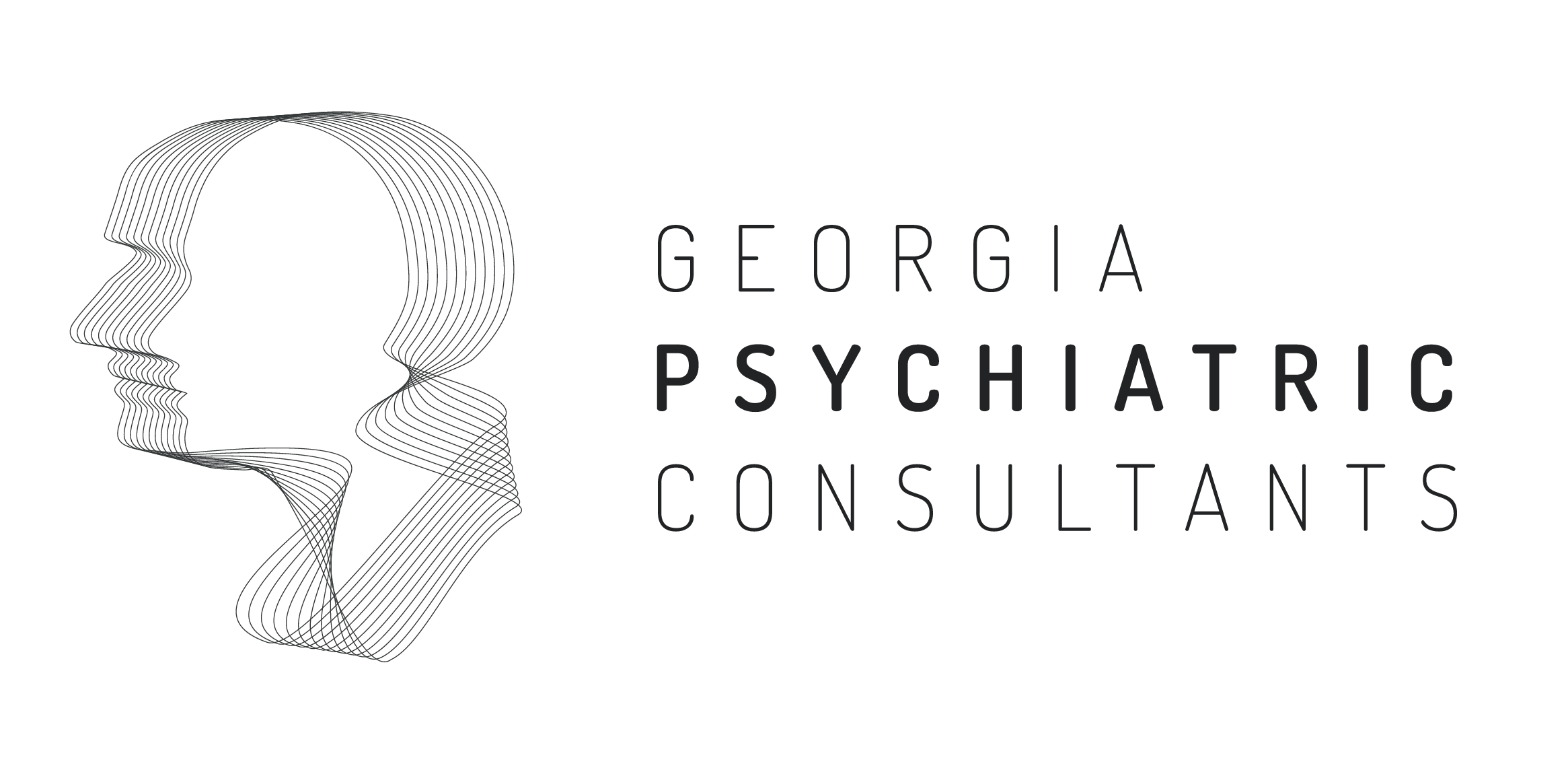
Sadness is a normal reaction to some of life’s difficulties and the emotion usually passes with a little time. Depression, however, is a serious mood disorder which causes severe symptoms that interfere with daily life and normal functioning. It can affect how you feel, think, and handle daily activities, such as sleeping, eating, or working. Depression is a real illness and is not a character flaw or a sign of a person’s weakness. Depression is one of the most common mental disorders in the United States and current research suggests that it is caused by a combination of genetic, biological, environmental, and psychological factors. There are several types of depressive disorders, such as major depression, persistent depressive disorder, psychotic depression, postpartum depression, and seasonal affective disorder, to name some of the most common.
Signs and Symptoms
Depression has many other symptoms beyond sadness. The severity and frequency of symptoms and as well as the length of time they last varies depending on the individual, their particular illness, and the stage of the illness. If you have been experiencing any of the following signs and symptoms for at least 2 weeks, you may be suffering from depression:
- Persistent sad, anxious, or “empty” mood
- Feelings of hopelessness, pessimism, guilt, worthlessness, helplessness
- Loss of interest or pleasure in hobbies and activities
- Decreased energy, fatigue, moving or talking more slowly
- Difficulty concentrating, remembering, making decisions
- Difficulty sleeping, early-morning awakening, or oversleeping
- Appetite and/or weight changes
- Thoughts of death or suicide, suicide attempts
- Restlessness, having trouble sitting still, irritability
- Persistent physical symptoms without a clear physical cause and/or that do not ease even with treatment, such as aches or pains, headaches, cramps, or digestive problems.
Talking to Your Health Care Provider
If you think you may have depression, start by making an appointment to see your doctor or health care provider. If you don’t have a primary doctor, have moved to a new city, changed insurance providers, had a bad experience or don’t feel at ease with your current doctor, now may be the time to find a new doctor. Your doctor will rule out certain medical conditions with a physical exam, interview, and lab tests. If a medical condition is not causing the depression, the next step is a psychological evaluation which may be performed by a mental health professional, such as a psychiatrist, psychologist, social worker, or mental health counselor.
Depression, even the most severe cases, can be treated. If you or a loved one are experiencing symptoms of depression, please call us today Georgia Psychiatric Consultants.


